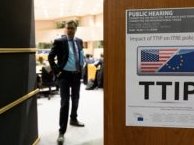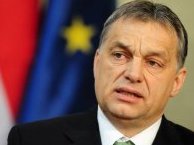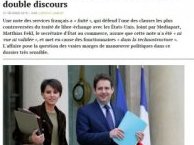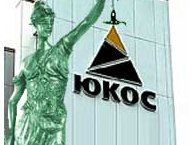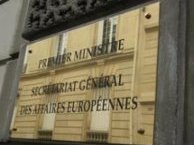
European Union (EU) member states have signed over 1300 investment treaties with third countries, in addition to some 200 between EU members. Non-EU European states are party to over 500 treaties. Most of these contain investor-state dispute settlement (ISDS) provisions, which enable foreign corporations to take ISDS claims against states if they deem their profits or potential investment to be affected by new laws or changes in policy.
The EU has ratified four agreements with an ISDS mechanism: the Energy Charter Treaty (ECT), to which 53 European and Central Asian countries are party, the Comprehensive Economic Trade Agreement (CETA) with Canada, and agreements with Vietnam and Singapore. Only the ECT has been fully in force. The ISDS provisions in the three others will be implemented after all member states have ratified them.
These three deals also include a revised ISDS mechanism created by the European Commission, known as the investment court system. Many critics say that this new system is largely window-dressing and does not address the core of the problem behind investor-state dispute measures.
In 2015, the European Commission asked the EU member states to terminate their intra-EU bilateral investment treaties (BITs), arguing they are incompatible with EU law, which was confirmed by the Court of Justice of the European Union in its “Achmea” decision.
As of April 2020, the number of intra-EU ISDS disputes amounted to 170, approximately 17% of all cases globally, 76 of which having been brought under the ECT.
Overall investors from European countries have initiated over 600 ISDS cases, half of which are against non-European states. European countries have been targeted in about 350 cases. Grouped together, investors from EU member states have launched the majority of total disputes (over 400).
Spain, the Czech Republic, Poland, Russia and Ukraine have been among the ten most frequent respondent states, while the Netherlands, the United Kingdom, Germany, Spain, France, Luxembourg, Italy and Switzerland have been among the ten most frequent home states of the investor.
The most well-known cases include:
• Yukos (Isle of Man) vs. Russia: US$50 billion awarded in 2014 to majority shareholders of the oil and gas company (ECT invoked).
• Eureko (Netherland) vs. Poland: case settled in 2005 for about €2 billion in favour of the investor, a large European insurance company (Netherland-Poland BIT invoked).
• Ceskoslovenska Obchodni Banka (Czech Republic) vs. Slovak Republic: €553 million awarded in 2004 to the investor, one of the largest commercial banks in the Czech Republic (Czech Republic-Slovak Republic BIT invoked).
Photo: War on Want
(April 2020)

